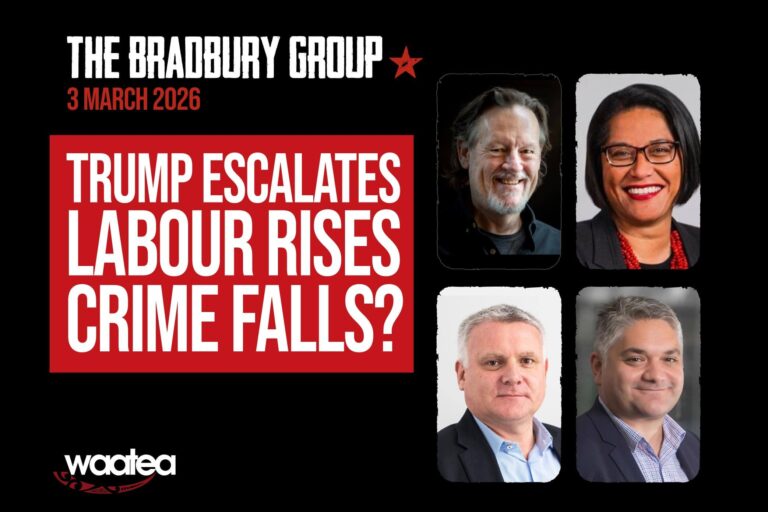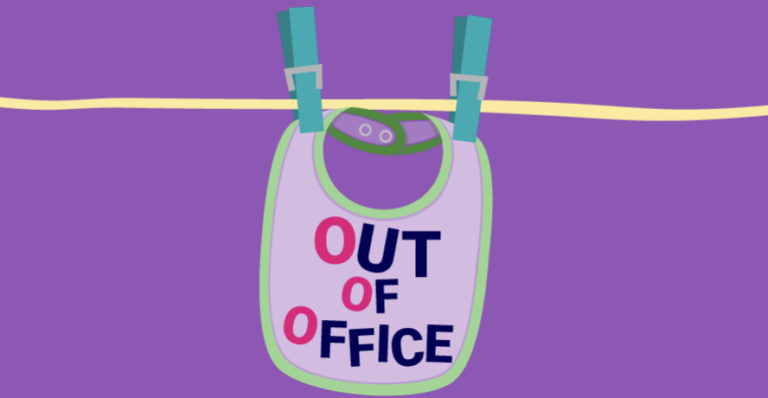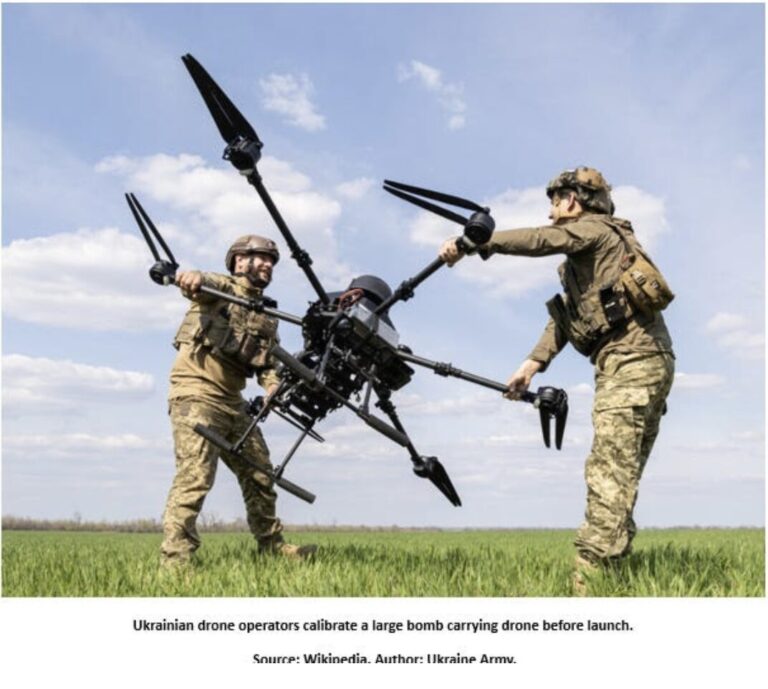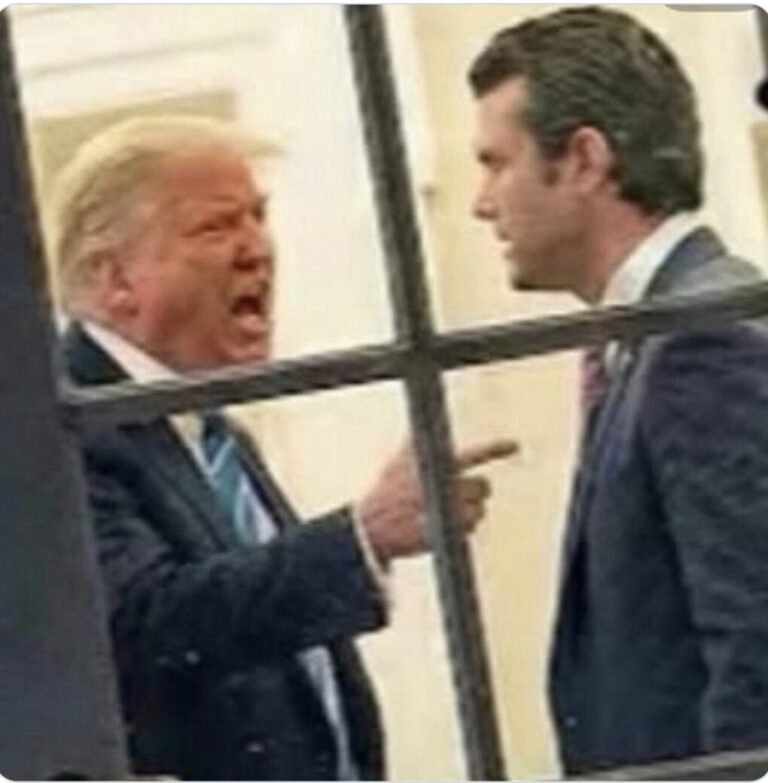GUEST BLOG: Ben Morgan – Pacific Intelligence Update
Mid-year assessment – The next six months in the Pacific
The Pacific region’s military and security matters tend to be under-reported in mainstream media. Since the start of 2023, we have been monitoring and discussing military and security matters in the Pacific and in this update provide our picks for key areas or issues to stay ahead of in the region over the next six months.
Taiwan / North Korea
Both areas will continue to get plenty of media coverage, both the United States and China testing each other’s resolve and flexing their military muscle. However, the overall chance of either Taiwan or Korea escalating into armed conflict is low. This is because both areas are secured by strong national militaries, are highly visible to the international community and benefit from the deterrent provided by the United States and its allies meaning that escalation is highly unlikely.
Conflict is more likely in other less well-governed and internationally visible parts of the Pacific.
Australia’s development into an international military hub
Australia’s security policy is evolving rapidly, as it supports the United States to compete with China. The nation ‘pulling no punches’ in recent policy documents that clearly state its concerns about China. Australia is supporting American policy in the Pacific; and developing as a ‘launch pad’ for American and possibly other allied military’s force projection into the Pacific.
Australia and the United States are investing heavily in the redevelopment of large training areas near Darwin (Mt Bundy, Kangaroo Flats and Bradshaw Field Training Area) ready for use in large exercises. Nearby Robertson Barracks is being improved to provide facilities for large troop deployments to Australia. Further, the AUKUS submarine deal will involve development of nuclear submarine repair and maintenance bases in Perth and Sydney that will be available for American and United Kingdom submarines in any future conflict.
Already there are regular rotations of large numbers of United States service personnel to the north of Australia for training exercises that increase soldier’s familiarity with the area and with their Australian allies. Better infra-structure also allows for pre-positioning of weapons and equipment. The infra-structure being developed in the north of Australia can also support deployments of troops from other nations; the United Kingdom and France already train regularly with Australian forces. If NATO’s presence in the Pacific increases expect to see other nations training in Australia.
It seems likely that this activity will increase over the next six-twelve months and it would not be surprising for more information about future planning in the area to trickle out. Further, if there is conflict nearby, expect to see Australia playing a crucial support role either providing safer base areas for conflict in Taiwan or Korea; or if there is conflict in Papua New Guinea or Solomon Islands this area will be a direct support base for any military intervention.
Solomon Islands and Papua New Guinea
This year has already seen lots of activity already in this part of the Pacific, and that is not going to change in the next six-twelve months. In fact, this week Australian Defence Minister Richard Marles is in Honiara speaking to the Prime Minister, Manasseh Sogavare and we should expect much more of this activity as Australia and the United States both try to counter China’s influence in the nation.
In December an election is scheduled in Solomon Islands, an election that was postponed late last year and will take place amid tension about Chinese influence in the nation. The election may be fraught with difficulty, Solomon Islands has a history of conflict. Recently in 2021, New Zealand and Australia deployed troops and police to Solomon Islands to support the nation’s government after riots started over a decision to accede to a Chinese request to cease diplomatic recognition of Taiwan.
This year Daniel Suidani, Malaita’s Premiere from the Malaita Provincial Assembly and an outspoken critic of Chinese involvement in the Solomon Islands was sacked from his position and remains an outspoken critic of the government, and its relationship with China.
Solomon Island’s history of debate about Chinese influence, combined with an election and the nation’s recent volatile history makes the forthcoming election dangerous enough without the addition of Sino-American competition. Since 2022, China has a secret security agreement with the Solomon Islands and is increasingly supporting its police force. If there is trouble in Solomon Islands who will the nation turn to for support?
Traditionally, it has been Australia, New Zealand and other nations of the Pacific but will this continue to be the case? Perhaps, if there is trouble in December, it will be China’s police or soldiers asked to support the Solomon Islands government. How will the United States and Australia respond?
Papua New Guinea is part of the discussion because whatever transpires in Solomon Islands will affect this nation. Already, it has signed a defence agreement with the United States and by virtue of its location it plays a key role in the security of northern Australia. Its location is also significant because it provides a base for operations in or around Solomon Islands.
The poverty and weak governance of both nations mean that this area is relatively poorly understood and is seldom reported on outside of Melanesia factors that combine to mean a conflict may develop suddenly ‘under the radar’ that carries a risk of unwanted escalation.
NATO activity in the Pacific
Last week we discussed NATO’s latest strategic planning that includes the Pacific; and about NATO plans to set up a liaison office in Japan.
In the next six-twelve months expect NATO activity to continue to develop in the Pacific. The liaison office in Japan is a start and in future it seems likely that NATO activities will initially focus on the North Pacific, especially Taiwan. Over time though it is likely that NATO’s influence will extend south becoming a support partner for America’s development of a network of Pacific alliances to isolate and deter China.
NATO’s influence is unlikely to be military initially, but it is likely that it will soon start meeting with Pacific nations building relationships and providing technical support. That support may include a range of aid including governance support, surveillance and communications technology or cyber-security advice. The general trend being to build networks and strengthen relationships in the area and is something to watch for over the next six-twelve months.
The developing power of small Pacific nations
Sino-American competition and NATO’s interest in the Pacific is an interesting conundrum for the smaller nations of the Pacific. Many small nations in the Pacific are keen to stay out of Sino-American competition preferring to focus on issues like climate change and economic development. Increasingly though Pacific nations will come under pressure to align themselves, however over the next six -twelve months watch for smaller nations becoming more demanding.
Last week, we reported on Papua New Guinea’s negotiations with Australia about defence and trade agreements. Instead of signing the defence agreement, as expected, Papua New Guinea is negotiating and their Trade Minister, Richard Maru commented on the unfairness of the trade relationship between the nations. Perhaps, this represents a new confidence and willingness to negotiate strongly for a better deal.
It seems that Sino-American competition provides an opportunity for smaller Pacific nations to negotiate powerfully with larger nations and try to get more support for local concerns like mitigating the effects of climate change, developing stronger government institutions or better access to trade.
China and the United States both want bases in the area and achieving this requires support from the smaller nations of the Pacific. Likewise, groups like the Pacific Islands Forum may start to become more important internationally as they are courted by China, the United States and now NATO keen to build relationships in the region. There is an argument that this dynamic will empower these nations and creates opportunities to negotiate more favourable conditions for their relationships with larger nations. So, expect that over the next six-twelve months there will be a growing realisation that the smaller nations of the Pacific now have power because of the geo-political situation.
Ben Morgan is a bored Gen Xer and TDBs military blogger







What the…“North Atlantic Treaty Organisation” moves into the Pacific! Well why not, they went to Lybia…in defence of the Yanks and their oil needs.
https://en.wikipedia.org/wiki/2011_military_intervention_in_Libya
another disgusting display of warmongering and slaughter–7000 bombing missions on Gadaffi forces NATO claimed. Libya actually allowed non secularism, women to be educated, an extensive welfare state–but now it is a theocracy of waring factions with women back in their ‘place’.
So many US Imperialist/Anglophile alliances and paper tigers happening in Asia/Pacific at the moment.
Ben’s CIA/NSA Weekly News hints that he should try stand up comedy.
Quick look over there! TIGER MOUNTAIN
Quite a lot of whataboutism there, Tiger. And I agree with all of it. But whataboutism doesn’t sanitise Chinese or Russian imperialism. Any more than’ whataboutism over Russian and Chinese imperialism sanitises Western imperialism.
All you are doing is changing the subject. Quick look over there! Don’t look here!
whataboutism
noun
The technique or practice of responding to an accusation or difficult question by making a counter-accusation or raising a different issue.
Huge rise in Whataboutism graphed
https://www.google.com/search?rlz=1C1ONGR_enNZ988NZ989&q=whataboutism&si=ACFMAn9fBiQIoPIj1C7sL5YSk-HuODk4sQ0bFXeGfRh3KLUos4ZlkibWVQ5ue_obu1OF34R2uO_fONAnZGtqfF7H4vhjLOO9JE9q2k4Dzd1z-YycoT3RmX4%3D&expnd=1&sa=X&ved=2ahUKEwjQyp2BsvT_AhUDz2EKHZ7JBBwQ2v4IegQIEhAQ&biw=1366&bih=649&dpr=1
P.S. I don’t think your snarky personal ad hominin trolling attack on Ben Morgan adds anything either.
hilarious, you CIA people never learn. This ‘whataboutism’ nonsense wasn’t a good argument when Trot CIA proxies invented it, and it still isn’t.
In the allegorical novel ‘1984’ by George Orwell, the official title of the British Isles was ‘Airstrip One’.
In the novel, ‘Airstrip One’ was the forward base of the Western Alliance known as Oceania which was in permanent conflict with and arrayed against the rival fictional powers of Eastasia and Eurasia.
By demoting the British Isles to a military outpost of the Western imperialist ‘Oceania’, Orwell was making a dark satirical point, warning us about the superpower imperialist rivalry he witnessed developing in his lifetime following the Second World War, and extrapolating that imperialist global rivalry into the future.
If George Orwell were alive today he would have written Australia into his novel as ‘Airstrip Two’.
Orwell would have depicted Australia as Airstrip Two, Ben Morgan depicts Australia as a ‘Launch Pad’.
“Australia is supporting American policy in the Pacific; and developing as a ‘launch pad’ for American and possibly other allied military’s force projection into the Pacific.” BEN MORGAN
Ben Morgan’s apt depiction of Australia as the ‘Launch Pad’ of the Western Alliance and NATO in the Southern hemisphere is not that far from Orwell’s depiction of the British Iles as the Airstrip of the Western Alliance of Oceania in the Northern hemisphere.
Personally speaking I would be deeply ashamed to have my country turned into a Launch Pad or an Airstrip Two.
“Personally speaking I would be deeply ashamed to have my country turned into a Launch Pad or an Airstrip Two.”
Hilarious, that you say this while endorsing the Zelensky coup regime’s attempts to turn Ukraine into a launch platform for NATO (the American empire)’s nuclear weapons.
Australia – Launch Pad 1.
Come to think of it. When Orwell was writing, air power was the predominate way that imperialist nations enforced their will against their imperialist colonies and deterred, or fought, their imperialist rivals, Previous to that naval, so called ‘gunboat diplomacy’ was the way imperialist powers projected their dominance.
The technology of imperialist power projection has moved on, and missiles are now the predominant way that imperialist nations project their power.
https://www.ndtv.com/world-news/20-simulated-battles-24-hypersonic-missiles-china-sinks-us-carrier-4067978#
In today’s world, Ben Morgan’s “Launch Pad”, better describes Australia’s subjugation to the Western Alliance, than the Orwellian Airstrip 1, that Orwell in his dystopian novel described a future England subjugated to the Western Alliance of ‘Oceania’.
Airstrip One, for instance, had not been so called in those days: it had been called England or Britain, though London, he felt fairly certain, had always been called London. WINSTON SMITH
‘Animal Farm’ was allegorical, not ‘1984’.
In vino veritas. Maybe, but not this time.
https://eh1984.wordpress.com/2015/12/15/1984-an-allegory/